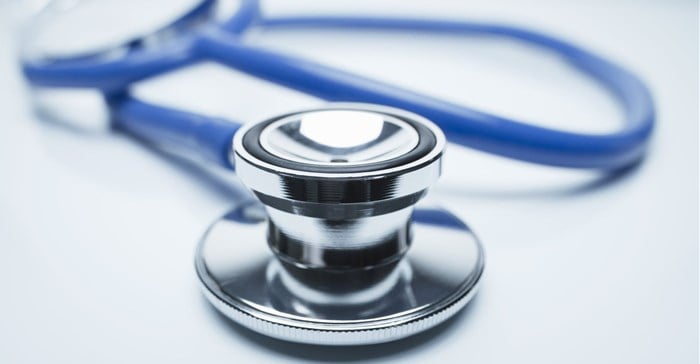
Top stories






More news


Marketing & Media
Ads are coming to AI. Does that really have to be such a bad thing?














The Bill was signed off by Health Minister, Dr Zweli Mkhize, and adopted by Cabinet in July.
Through the NHI, government seeks to fulfill its constitutional obligation to provide quality universal healthcare for all as envisaged in Section 27 of the Constitution and the United Nations Sustainable Development Goals.
Under the NHI, South African citizens, permanent residents, refugees, inmates, designated foreign nationals and all children will receive primary healthcare.
Primary healthcare centres such as clinics or general practitioners will be the first point of access to the healthcare. Access to healthcare services will be free at point of care.
The NHI aims to follow in the footsteps of countries such as Britain and Japan who have also implemented their own equivalent.
Under the bill, medical aid schemes will gradually be phased out until they ultimately cease to exist.
Once fully implemented, the NHI will cover all health services with exception of services highlighted as “complimentary cover”. Complimentary cover which will include health services such as cosmetic healthcare will be covered by medical aids.
Aslyum seekers, illegal immigrants and foreigners with no travel insurance will only receive limited coverage through emergency medical services; and notifiable conditions services.
Foreigners who hold travel insurance will be covered by their own policy.
In its White paper, Health Department Deputy Director General Anban Pillay said the National Treasury estimated that the NHI will cost taxpayers R256bn.
According to Pillay, the Treasury plans to release a revised paper with a revised costing of the NHI.
Answering questions following the official release of the Bill, Pillay said funding of the NHI is not necessarily about finding a new budget for healthcare but rather about ensuring that the current funds are used effectively.
Labour federation Cosatu representative Kwena Manamela welcomed the NHI and urged the health department to prioritise implementation.
“We hope that the department will prioritise its implementation and cover lost ground. More healthcare users will enjoy access and we expect the department to improve and increase human resources quantitatively and qualitatively,” said Manamela.
The South African Medical Association’s Angelique Coetzee said countries like Britain and Japan started implementing their equivalent of the NHI under very difficult financial circumstances and South Africa will be no exception.
“The question is not whether NHI will provide better healthcare but how the money will be better utilised to provide better healthcare for South African citizens to enjoy quality healthcare each of us has an obligation to ensure that we are part of this process,” said Coetzee.
Health Professions Council South Africa President Kgosi Letlape said the council hopes that the NHI will not mimic medical aids in its approach to providing healthcare.
“The caution about accreditation of providers is that we don’t want the NHI to become the new medical aids that are creating DSPs [Designated Service Providers] that are choosing who can live and who can die with that expensive education that we have given,” said Letlape.
SAnews.gov.za is a South African government news service, published by the Government Communication and Information System (GCIS). SAnews.gov.za (formerly BuaNews) was established to provide quick and easy access to articles and feature stories aimed at keeping the public informed about the implementation of government mandates.
Go to: http://www.sanews.gov.za